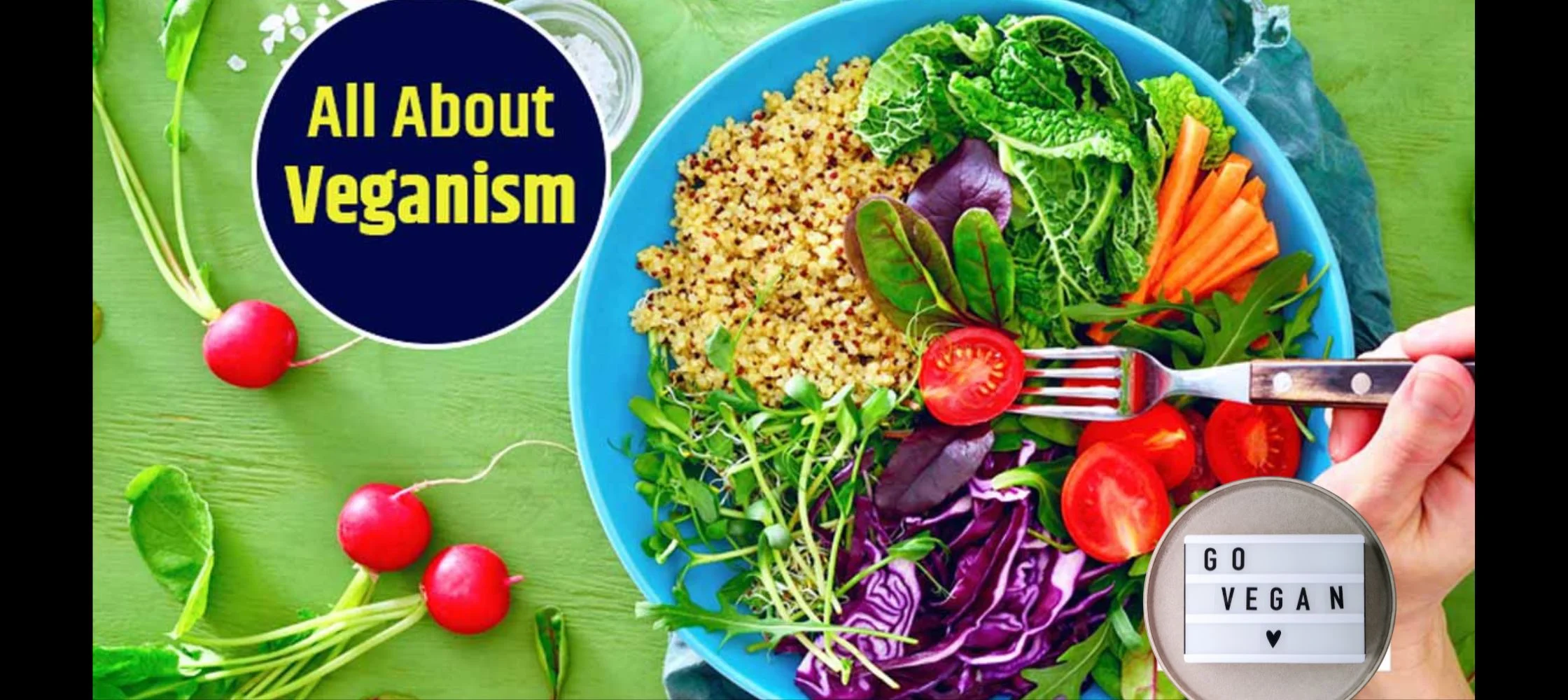
The vegan diet has gained significant attention in recent years, not only as a dietary choice but also as a lifestyle that promotes compassion for animals and environmental sustainability. While the concept of veganism has been around for decades, it has seen a remarkable surge in popularity as people become more conscious of their impact on the planet and seek healthier, more ethical alternatives. This article explores the benefits, challenges, and considerations associated with adopting a vegan diet.
Veganism is a philosophy and way of life that seeks to avoid the use of animal products and exploitation. A vegan diet excludes all animal-derived foods such as meat, poultry, seafood, dairy, eggs, and honey. Instead, it focuses on plant-based foods like fruits, vegetables, legumes, whole grains, nuts, and seeds. The vegan lifestyle extends beyond dietary choices and often includes avoiding animal-derived products in clothing, personal care items, and other aspects of daily life.
Vegan diets tend to be low in saturated fat and cholesterol, which are known to contribute to heart disease. By focusing on plant-based foods, individuals can reduce their risk of developing cardiovascular conditions and improve overall heart health.
Many people find that adopting a vegan diet can be helpful for weight management or weight loss. Plant-based diets tend to be lower in calories, higher in fiber, and more satiating, which can lead to reduced calorie intake and better weight control.
Several studies have shown that vegan diets may help reduce the risk of developing type 2 diabetes. The emphasis on whole grains, fruits, vegetables, legumes, and nuts in a vegan diet can improve insulin sensitivity and promote healthy blood sugar control.
Plant-based foods are rich in fiber, which plays a vital role in maintaining a healthy digestive system. A vegan diet can help prevent constipation, promote regular bowel movements, and support a diverse and balanced gut microbiome.
Some research suggests that a vegan diet may lower the risk of certain types of cancer, including colorectal, breast, and prostate cancer. The high intake of fruits, vegetables, and phytochemicals in a plant-based diet provides protective compounds against cancer development.
Many individuals adopt a vegan diet because of ethical concerns related to animal welfare. The recognition that animals have the capacity to suffer and the desire to avoid contributing to their exploitation drives the ethical foundation of veganism.
As the global population continues to grow, the demand for food increases. Plant-based diets can contribute to global food security because they are more resource-efficient. Producing plant foods requires fewer resources, such as land, water, and energy, compared to raising animals for food.
Embracing a vegan diet can expand culinary horizons and encourage individuals to explore a wide variety of plant-based foods. It provides an opportunity to discover new flavors, cooking techniques, and recipes from different cultures around the world.
Choosing a vegan diet promotes sustainable agricultural practices. By reducing the demand for animal products, individuals can contribute to the preservation of natural resources, reduce deforestation, and minimize pollution associated with intensive livestock farming.
The popularity of veganism has led to the growth of supportive communities, both online and offline. These communities provide a platform for sharing information, recipes, tips, and support, making it easier for individuals to transition to and maintain a vegan lifestyle.
The vegan diet represents more than just a dietary choice—it embodies a compassionate and sustainable way of living. With its numerous health benefits, including improved heart health, weight management, and reduced risk of chronic diseases, the vegan diet offers a pathway to a healthier lifestyle. Moreover, by choosing plant-based foods, individuals can contribute to environmental sustainability, addressing concerns such as deforestation, water pollution, and climate change.
Embracing a vegan diet also reflects a deep commitment to ethical considerations and animal welfare. By refraining from the use of animal products, individuals actively participate in reducing animal suffering and promoting a more compassionate world. The growing popularity of veganism has fostered supportive communities that provide resources, recipes, and guidance for those transitioning to a plant-based lifestyle.
While adopting a vegan diet may present initial challenges, such as finding suitable alternatives and adapting to new cooking techniques, the abundance of plant-based options and increased awareness make it increasingly accessible and rewarding. By making a conscious choice to align our values with our dietary choices, we have the power to create a positive impact on our health, the environment, and the lives of animals.
As the world continues to recognize the importance of sustainable living, the vegan diet stands as a beacon of hope, offering a compassionate and sustainable path to better health and a brighter future.
*Disclaimer: Above article is based on the information available through various sources. Always consult your dietitian, doctor and/or health expert for expert advice.
Your email address will not be published. Required fields are marked *
29 Jan, 2024
29 Jan, 2024
29 Jan, 2024
25 Jan, 2024